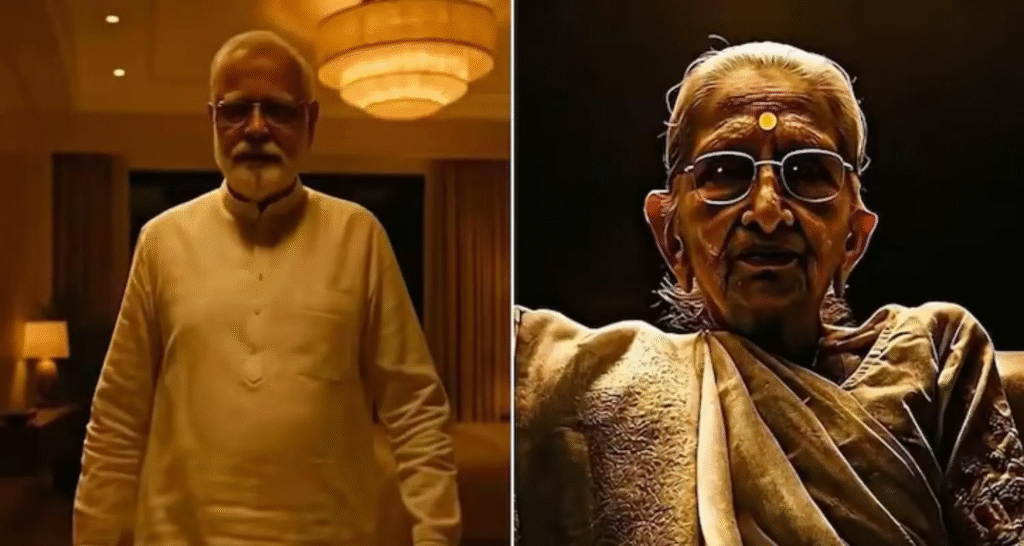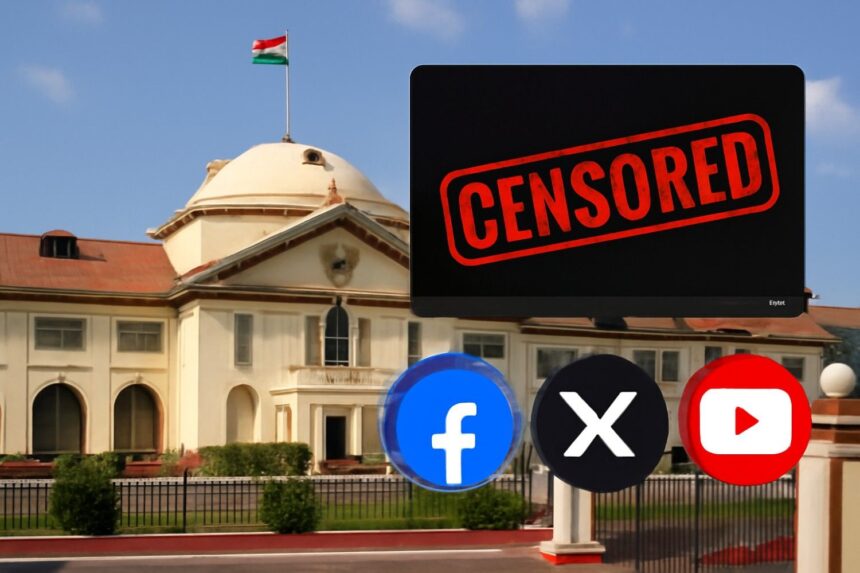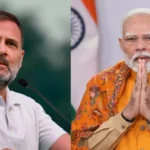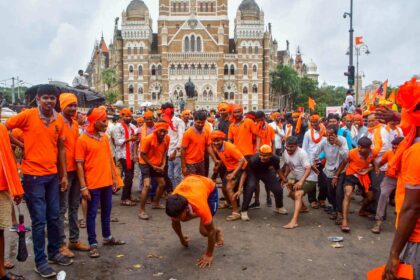The Patna High Court has ordered the Congress party to immediately remove an AI-generated video featuring Prime Minister Narendra Modi’s late mother, Heeraben Modi, from all social media platforms, a move that addresses mounting concerns over privacy, dignity, and political ethics
The controversy began when the Bihar Congress unit released a 36-second AI-generated video on September 10, 2025, depicting PM Modi dreaming about his late mother, who appeared to criticize his politics ahead of the upcoming Bihar Assembly elections. The video, explicitly marked “AI GENERATED,” quickly sparked outrage from the BJP and NDA allies, who accused Congress of “shameful” tactics and of disrespecting PM Modi’s family and Indian motherhood. “Making such AI videos about the mother of respected leaders is unacceptable in public discourse,” said a government counsel, supporting the court’s swift interim order.

A bench led by Acting Chief Justice PB Bajanthri found that the video’s themes violated the right to privacy and dignity, citing Supreme Court precedents (KS Puttaswamy, NALSA Foundation, Subramanian Swamy) and the Representation of People Act’s restrictions against defamatory campaign practices. Notices were issued to Congress leader Rahul Gandhi, the Election Commission, and social media platforms including Facebook, X (Twitter), and YouTube, demanding their response and immediate cessation of the video’s circulation. The timing of the video’s release, coinciding with the Hindu period of Pitra Paksha when PM Modi was performing rituals for his late mother, was noted in the petition as aggravating the video’s impact.
The use of AI in political content has grown increasingly controversial, especially when synthetic media risks deceiving voters or maligning private individuals. In this case, the court emphasized that political messaging should never cross the boundary of personal dignity, warning parties against leveraging family members for electoral gain. While Congress argued they had shown no disrespect, an FIR was registered by BJP’s Delhi Election Cell, citing defamation and violation of decency.

Conclusion
The Patna High Court’s order marks a significant precedent in Indian election law, reaffirming that the rights to privacy and dignity extend into the digital age, including against AI-generated content. The case has catalyzed wider discussions about ethical boundaries in political communication and the responsibility of parties and platforms to uphold civility. All respondents have been given two weeks to file their replies, and the matter may set new standards for social media conduct as election season intensifies.







